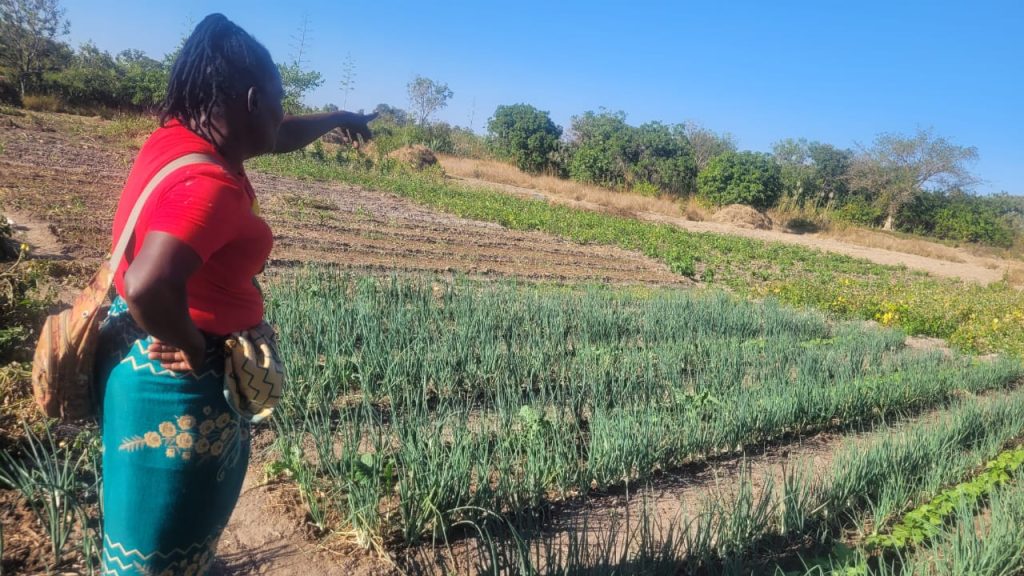DT Correspondent
Zimbabwe Environmental Law Association (ZELA) has emphasised the importance of value addition and beneficiation of the country’s diamonds to ensure maximum returns.
ZELA deputy director Mr Shamiso Mtisi urged the government to implement measures such as deep boiling and cleaning of diamonds before export, as Zimbabwe has been experiencing significant losses by exporting raw stones.
Speaking at the official opening of the Kimberly Process Plenary Meeting, presided over by Vice President Kembo Mohadi at the Elephant Hill Hotel in Victoria Falls, Mtisi said the prices obtained for selling diamonds were consistently undervalued.
He stressed the urgent need for value addition and beneficiation as the most viable solution to enhance the country’s diamond industry.
Zimbabwe, known for its abundant diamond resources, has been exporting raw stones without significant processing or value addition, resulting in missed opportunities to maximize the value of its natural resources.
“…over the past few months I have been agonising over the issue of value addition for our diamonds, we need to deep boil and clean our diamonds before exporting them.
“We are losing, our diamonds are undervalued, we need to check the prices we are getting, Mr Mtisi said.
Mtisi also urged KP members to ensure that diamonds are extracted responsibly to ensure that markets do not shy away from natural diamonds to lab-grown diamonds as is now the case.
“…KP Participants should take the issue seriously and there is a need for African states to fully understand what is making lab-grown diamonds gain momentum.
“As I have said before, consumer resistance to unethically mined diamonds and millennial demands for clean diamonds are real and not imagined.
“Part of our discussions here in Victoria Falls include discussions on community benefits in African states.
“We want diamonds to benefit the people and to contribute to national economies in Africa. On this, we need more action,” he added.
Mr Mtisi have emphasised the importance of collaboration and knowledge-sharing to drive reforms and programs in Africa.
Recognizing the capacity constraints faced by governments, he also called for partnerships between government departments, CSOs, and development partners to share expertise and skills.
In the mining sector, state entities often require technical assistance to address various challenges.
This assistance, including expertise in diamond valuation, drafting mining agreements, establishing a cadastre system, improving mining revenue collection, and enhancing mine inspections, can be provided by partners within the Kimberly Process (KP) network.
By leveraging the knowledge and resources available through collaboration, African countries can overcome capacity limitations and improve the efficiency and effectiveness of their mining sectors.
The Ministry of Mines, in collaboration with the Chair of the Working Group on Alluvial and Artisanal Mining, successfully organized the Frame 7 Special Forum on Responsible Sourcing of Diamonds.
This groundbreaking event, facilitated by the Zimbabwe Environmental Law Association (ZELA), brought together representatives from government, international businesses, human rights bodies, civil society, traditional leaders, industry experts, and Zimbabwe-based diamond mining companies.
The forum provided a platform to share experiences and insights on responsible sourcing, marking a significant step forward in the KP’s efforts to promote ethical and sustainable diamond production.
Participants at the Special Forum engaged in productive discussions, presentations, and knowledge exchange.
While the event was well-attended and received, stakeholders acknowledged the need for improved community reach and information sharing in future initiatives.
Building on the forum’s deliberations, participants are urged to take concrete actions at the national level to implement responsible diamond sourcing principles.
These actions may include self-assessments, third-party auditing, capacity-building training, and the adoption of due diligence laws and policies.
Additionally, stakeholders are advocating for the inclusion of clear responsible sourcing principles in the KP Review Visit Checklist-Peer Review.
This inclusion would enable a comprehensive assessment of countries’ implementation of best practices in the diamond supply chain.





